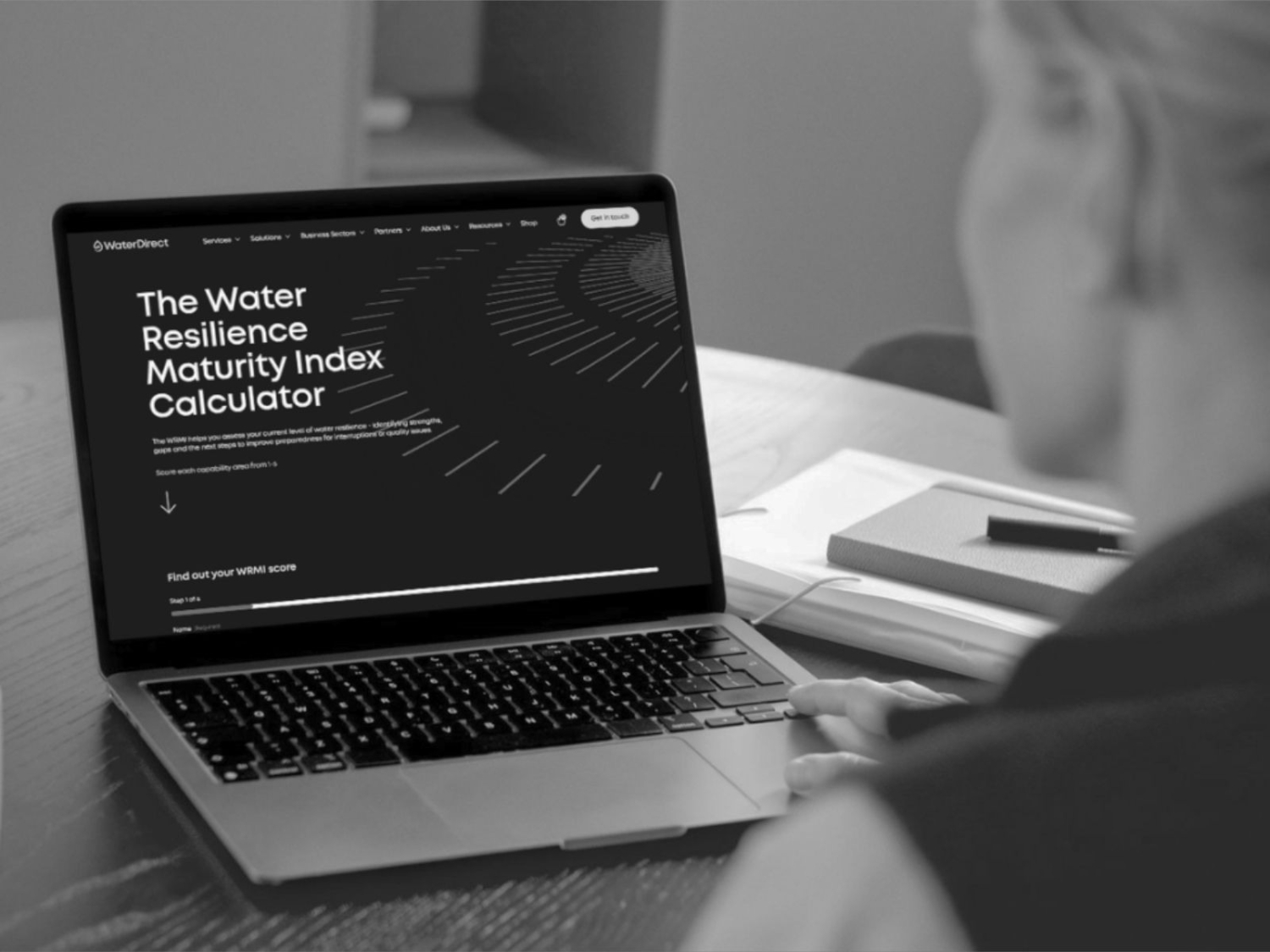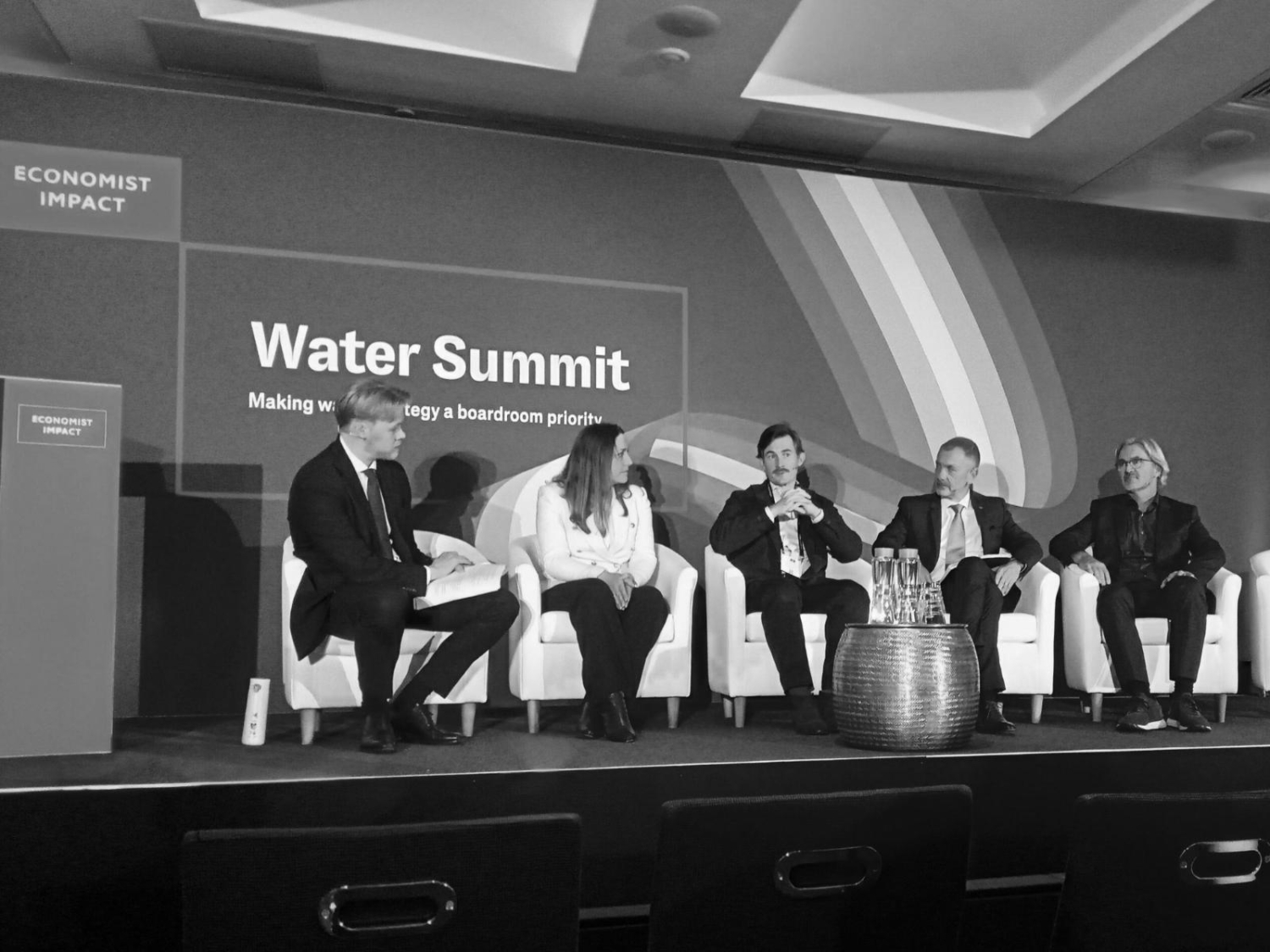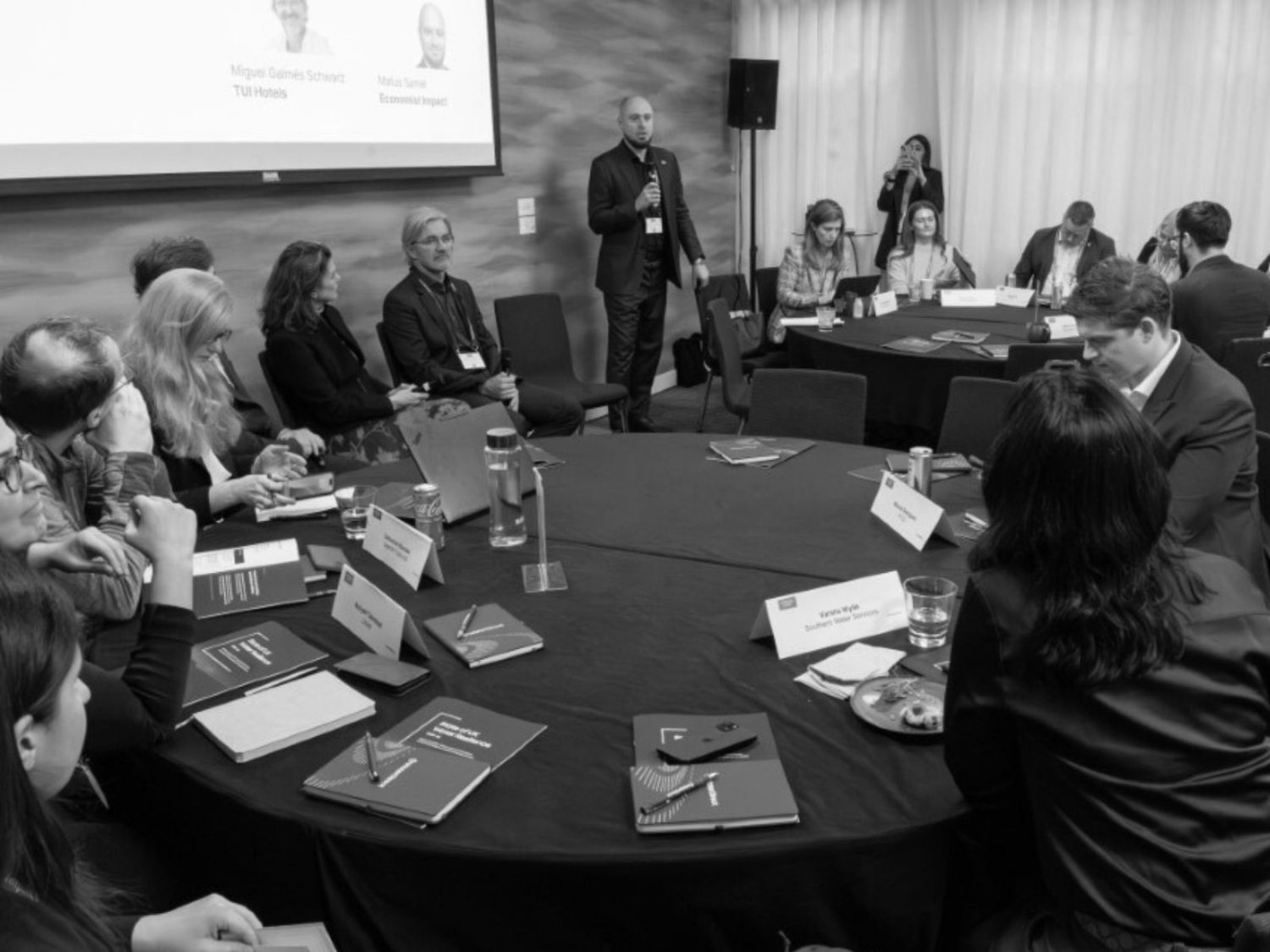
Webinar: Future-proofing Businesses Against Water Supply Disruptions
Water Direct and Institute of Water Webinar Insights
Water disruptions are no longer a rare occurrence—they are a growing threat to business continuity.
To address this urgent challenge, Water Direct partnered with the Institute of Water to host a webinar titled “From Risk to Readiness: Future-proofing Businesses Against Water Supply Disruptions.”
The event brought together experts from MOSL, Hydro-X Group, and the Institute of Water to explore why water resilience must be a business priority—and how organisations can proactively safeguard operations.
Key outputs and findings from the session:
Liz Darcy from MOSL opened the discussion with an overview of the risks facing non-household water customers, which include businesses, charities, and local government. These users vary widely, from small offices to large industrial operations, each with different vulnerabilities.
Key points from Liz’s presentation included:
- Increasing risk: Climate change, droughts, and rising demand are placing more connections in areas of water deficit.
- Types of disruption: These can be short-term acute failures such as boil notices or temporary disconnections. To long-term weather-related events like drought restrictions.
- Mitigation strategies: These ranged from Business continuity planning, particularly for sensitive sites, to alternative water sources for non-potable applications. As well as smart metering to monitor usage, reduce waste, and manage peak demand.
This session was then followed by Chris Falconer, CCO of Water Direct who gave the business impact and organisational perspective.
Chris Falconer emphasised that water supply is often underestimated compared to other operational risks such as power outages, cyber threats, or supply chain disruptions. Many organisations do not know who to contact or what steps to take when water stops flowing, leaving them vulnerable to operational and financial losses.
Chris highlighted the importance of:
- Proactive resilience planning over reactive emergency response.
- Direct and indirect impacts on business continuity, growth, net zero targets, and reputation.
- Heightened risks for sensitive sites such as data centres, healthcare, and food production.
- Integrating water supply into organisational risk assessments to avoid costly downtime.
- The ROI of preparation, showing proactive AWS planning is far more cost-effective than managing crises as they arise.
Closing the webinar, Milin Patel Hydro-X Group shared practical, sector-specific lessons drawn from real-world experiences across data centres, healthcare, food & beverage, and district energy.
Key insights included:
- Data Centres: Cooling water is a critical, often overlooked dependency. Organisations must know their minimum viable water (MVW) and pre-contract tanker arrangements.
- Healthcare: Patient safety depends on rehearsed tanker access, validated water quality, and robust contingency plans.
- Food & Beverage: Water quality is critical; contingency water must meet production specifications. Buffer tanks and Alternative Water Supply (AWS) strategies help maintain continuity.
- District Energy: Correct water chemistry is more important than volume to prevent scaling and corrosion.
Cross-sector takeaways:
- Understand MVW and water quality requirements.
- Map temporary connections and ensure compliance.
- Define contracts and service-level agreements (SLAs) for tanker supply.
- Conduct internal roundtable discussions across estates, operations, quality, and finance teams.
- Incorporate buffering and recycling strategies wherever possible.
During the panel discussion, the group discussed and agreed that many organisations believe they are ready until an outage occurs. True preparedness is not just about volume—it requires planning, internal coordination, and ensuring water is fit for purpose. When integrated properly, AWS is a powerful tool to maintain business continuity.
Water Direct is committed to helping businesses recognise the risks, prepare effectively, and build resilience in the face of water supply disruptions. As the webinar highlighted, preparedness transforms potential chaos into operational confidence—and it doesn’t need to be expensive or complicated.
To watch the webinar please visit – https://www.youtube.com/watch?v=DnnEshfWVC0
Share:






